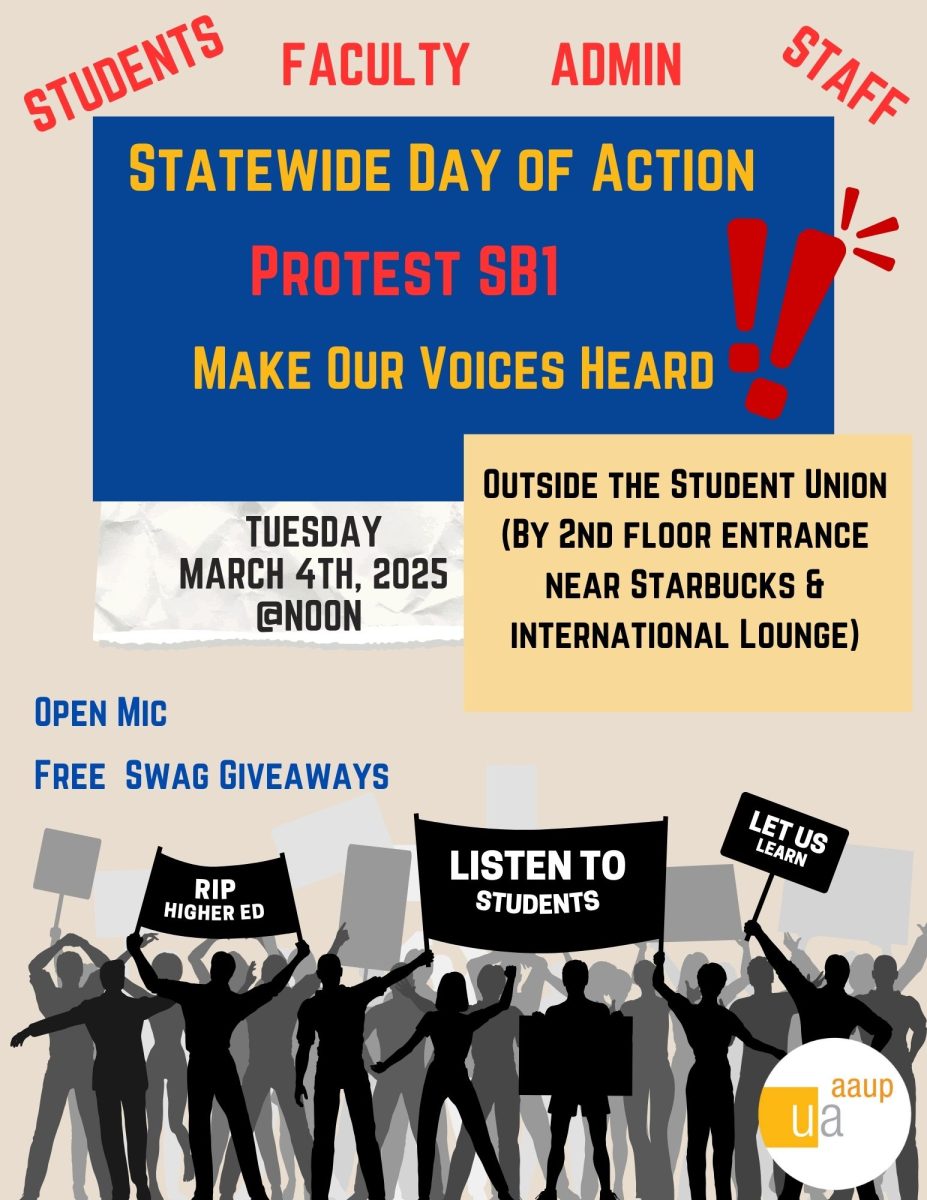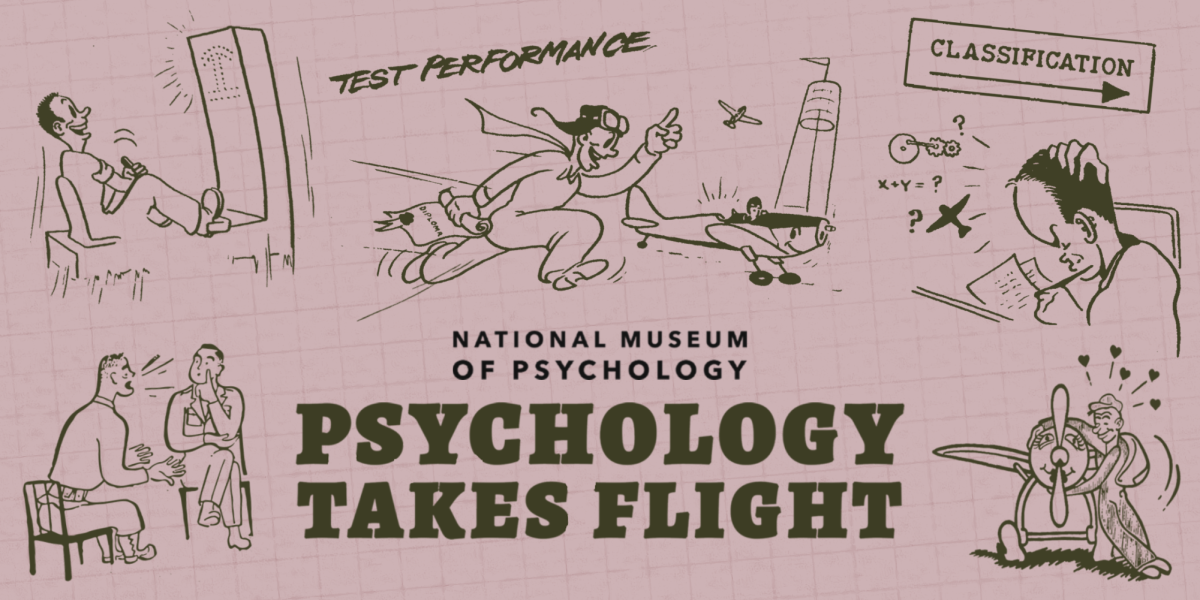The cost of a living wage in America
December 3, 2013
Our society is failing to provide a living wage for tens of millions of Americans. In 2012, according to the Social Security Administration, the total percentage of American workers making less than 1968’s minimum wage was between 39.6 percent and 46.6 percent.
An unsettling and large percentage of Americans currently struggle to live at, or below, the poverty level. It is why America has more children living in poverty than almost every other developed nation in the world, with the exception of Romania.
In 2012, according to the U.S Census Bureau, 21.8 percent of children under the age of 18 were living in poverty. This is why Americans need a living wage.
There are many who say we’re already giving millions of dollars in government benefits to a bunch of lazy, entitlement-rich malcontents.
Why should they get a “free ride”? Well, according to The Washington Post, the simple truth is that over 90 percent of those receiving benefits are the elderly, the disabled and those in a working household.
This misconception is one of the radical right’s, formerly known as those crazy neoconservatives, or neocons, talking points, as a recent headline clearly illustrates: “Why work when you can live comfortably on the government dole?”
This headline comes from the neocon paper the Washington Examiner. It is bankrolled by billionaire Philip Anschutz, who has also repeatedly tried to get creationism taught in America’s public school system via the Discovery Institute in Seattle. Yes, one of the most conservative groups is located in the heart of Liberalia.
My biggest concern in all of this is how it will affect our future. No developed country, other than Romania, has a higher percentage of kids in poverty than America.
We’re living with crippling income disparity, as evidenced by the chilling fact from The Huffington Post that states that many Wal-Mart employees will have to work for nearly 800 years to make what their CEO, Michael Duke, made in 2012. The effects of this on society are troubling.
Joseph Stiglitz, a Nobel prize-winning economist, eloquently stated, “The price of allowing the U.S. to continue down the path of inequality, as 1 percent of Americans now control 40 percent of the country’s wealth, is the undermining of economic growth, the erosion of democracy and the growing instability of American society itself.”
American income inequality presents a frightening specter, he argues, for the global economy. The risk is that the middle class is going to be harder and harder hit, and that there will be prosperity for only the few at the top.
But the middle class is important for stable growth and a strong democracy. When a society becomes more and more divided, it becomes increasingly class-driven and it’s very hard for democratic processes to work well in that kind of society.
We’ve seen the impact of money’s influence on legislation. In the past there was Enron’s contribution to the energy bill, which was a disaster. Currently the Koch brothers are hell-bent on profits and have already destroyed thousands of jobs in the renewable energy field by using pseudo-science and good old-fashioned lobbying.
They’re also bankrolling the tea party and were behind the tea party’s failed attempt at blackmailing the government via a government shutdown. Doesn’t this undermine America’s
ability to achieve stable economic growth while robbing the chances for millions of Americans to follow their dreams?
This reflects poorly on our culture. Today, different factions of society aren’t separated by minor ideological differences, they’re separated by trenches of hate. We’ve gone from a land of opportunity to a land where tens of millions of children live in poverty.
Our politicians, bought and paid for by Lobbyists, Inc., have become their spokesmen. A few of the 1 percent club have actively tried shaming us into doing things against our own self-interests; e.g. Romney’s 47 percent comment vs. the fact that the vast majority of said 47 percent come from staunchly Republican states. If we don’t turn this trend around soon, and learn to help one another, things will get worse.
A living wage isn’t merely an economic issue, but a moral issue that reflects society’s values.













